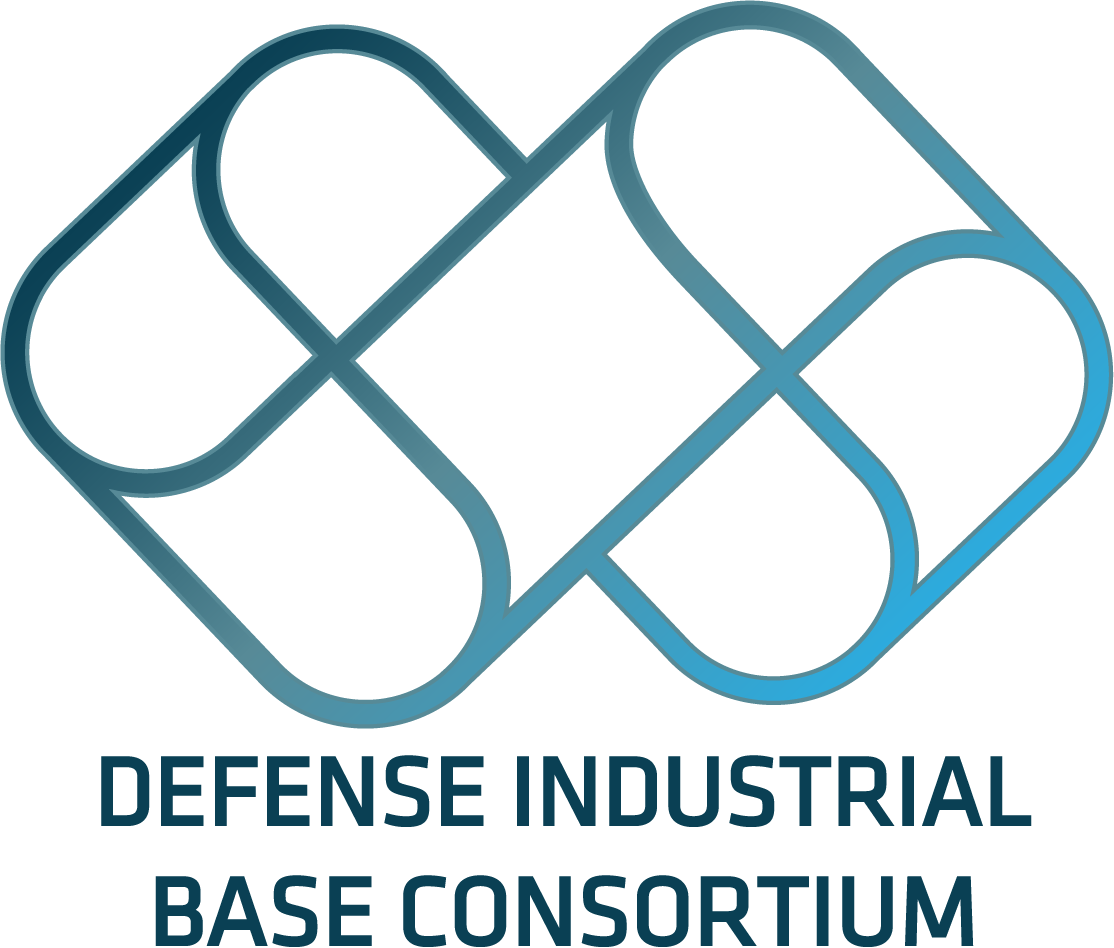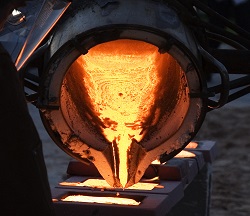New Defense Industrial Base Consortium created to support military supply chain
Non-ferrous foundries form a critical economic and industrial base upon which many other defense industries rely for the critical metal castings contained in many military platforms. Non-ferrous foundries accordingly are an extremely important part of the U.S. Defense Industrial Base (DIB)—the "worldwide industrial complex that enables research and development, as well as design, production, delivery, and maintenance of military weapons systems, subsystems, and components or parts, to meet U.S. military requirements."
 In an agreement designed to strengthen our nation's defense capabilities, ATI (Advanced Technology International) recently announced its success in securing the Defense Industrial Base Consortium program (DIBC). This program award is provided by the Manufacturing, Capability Expansion, and Investment Prioritization Directorate (MCEIP), signaling a significant step forward for ATI and potential foundry industry collaborators.
In an agreement designed to strengthen our nation's defense capabilities, ATI (Advanced Technology International) recently announced its success in securing the Defense Industrial Base Consortium program (DIBC). This program award is provided by the Manufacturing, Capability Expansion, and Investment Prioritization Directorate (MCEIP), signaling a significant step forward for ATI and potential foundry industry collaborators.
MCEIP's primary focus includes addressing defense supply chain issues, developing the industrial workforce, sustaining critical production, commercializing research and development efforts, and rapidly scaling emerging technologies. These initiatives aim to build a robust and resilient Defense Industrial Base.
The DIBC is not your typical government initiative—it is a collaborative effort with a diverse and evolving member base that seeks to execute projects to strengthen the Defense Industrial Base (DIB). The DIBC's mission is to unite and award prototype projects to nontraditional recipients, such as small businesses, ultimately expanding the DIB in support of critical sectors and subsectors outlined by MCEIP.
 The DIBC will specialize in critical DIB sectors and subsectors, including kinetic capabilities (such as hypersonics), energy storage and batteries, castings and forgings, microelectronics, critical chemicals and minerals, Small Unmanned Aerial Systems (sUAS), Rare Earth Elements (REEs), critical materials, submarine industrial base, space industrial base, and biomanufacturing. These sectors and subsectors may change over time to adapt to evolving needs.
The DIBC will specialize in critical DIB sectors and subsectors, including kinetic capabilities (such as hypersonics), energy storage and batteries, castings and forgings, microelectronics, critical chemicals and minerals, Small Unmanned Aerial Systems (sUAS), Rare Earth Elements (REEs), critical materials, submarine industrial base, space industrial base, and biomanufacturing. These sectors and subsectors may change over time to adapt to evolving needs.
What makes this opportunity appealing to foundries is ATI's commitment to making the joining process user-friendly. As with all consortia managed by ATI, there are currently no membership dues. This initiative opens doors for non-ferrous foundries to contribute to national defense efforts, providing them with a platform to collaborate, innovate, and thrive in critical industries. Detailed information about becoming a part of the consortium can be found on the DIBC public site at dibconsortium.org.
The Non-Ferrous Founders' Society presently collaborates with Advanced Technology International on a separate program supporting the Society's ICON portal. This collaboration demonstrates the Society's commitment to advancing technological solutions for foundries within the defense industrial base in cooperation with ATI. NFFS applauds ATI for establishing the DIBC and plans to participate within the consortium as appropriate.
